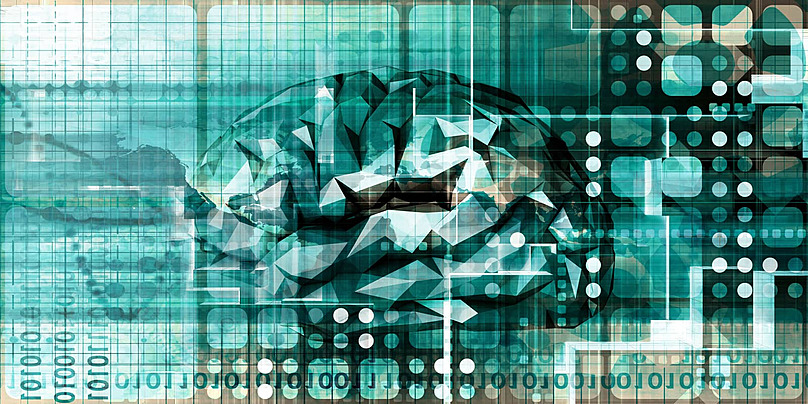
FAQ About Fuzzy Logic
How does Fuzzy Logic relate to Artificial Intelligence (AI)?
Fuzzy Logic is a branch of Artificial Intelligence (AI) that deals with the representation and processing of uncertain and imprecise information. Fuzzy Logic is used in AI to model complex systems that involve uncertainty, ambiguity, and vagueness, and it is particularly well-suited for applications that involve human reasoning or decision-making.
Fuzzy Logic is often used in AI applications such as expert systems, control systems, and pattern recognition systems. In expert systems, fuzzy logic is used to represent the knowledge of human experts in a way that can be processed by a computer. In control systems, fuzzy logic is used to control physical processes that involve uncertain or imprecise inputs, such as temperature or pressure. In pattern recognition systems, fuzzy logic is used to classify patterns that are difficult to categorize using traditional methods.
Fuzzy Logic is also used in combination with other AI techniques, such as machine learning and neural networks, to improve the performance of AI systems. For example, fuzzy logic can be used to interpret the output of a neural network, or to provide a more interpretable explanation of the results of a machine learning algorithm.
Fuzzy Logic is an important tool in the field of AI, as it provides a way to deal with the uncertainty and imprecision that is inherent in many real-world applications. By using fuzzy logic, AI systems can be made more robust and adaptable, and they can more closely mimic the way that humans reason and make decisions.
